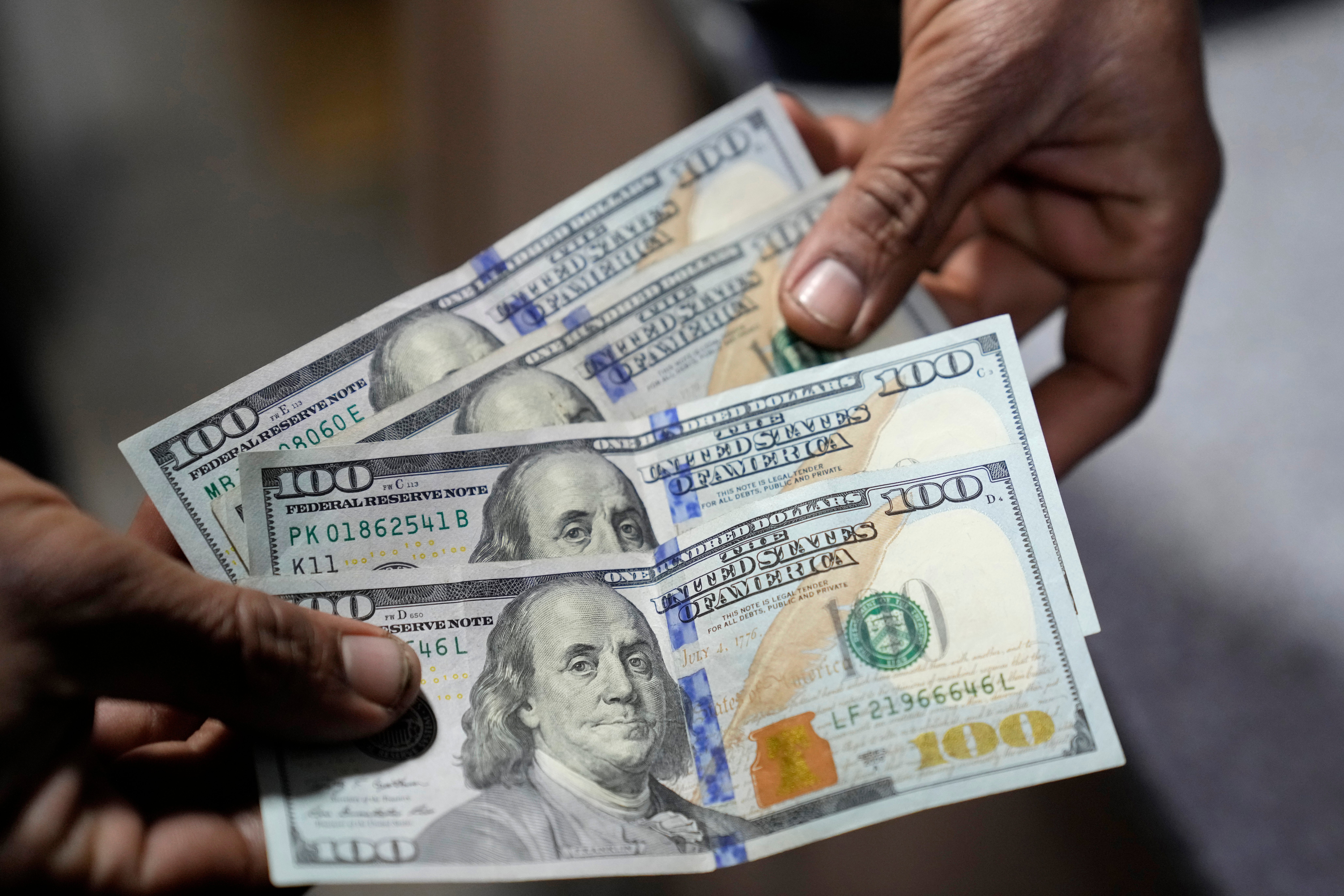Cash-strapped Pakistan's rupee plunges amid talks with IMF
Cash-strapped Pakistan’s currency has plunged against the dollar after the government indicated it was ready to comply with tough conditions set by the International Monetary Fund

Your support helps us to tell the story
From reproductive rights to climate change to Big Tech, The Independent is on the ground when the story is developing. Whether it's investigating the financials of Elon Musk's pro-Trump PAC or producing our latest documentary, 'The A Word', which shines a light on the American women fighting for reproductive rights, we know how important it is to parse out the facts from the messaging.
At such a critical moment in US history, we need reporters on the ground. Your donation allows us to keep sending journalists to speak to both sides of the story.
The Independent is trusted by Americans across the entire political spectrum. And unlike many other quality news outlets, we choose not to lock Americans out of our reporting and analysis with paywalls. We believe quality journalism should be available to everyone, paid for by those who can afford it.
Your support makes all the difference.Cash-strapped Pakistan’s currency plunged Thursday against the dollar after the government indicated it was ready to comply with tough conditions set by the International Monetary Fund for the next tranche of its bailout package.
Pakistan is seeking a crucial installment of $1.1 billion from the fund — part of its $6 billion bailout package — to avoid default. Talks with the IMF on reviving the bailout stalled in the past months.
The rupee closed at 230 to the dollar on Wednesday. It slipped further, trading at 255 for $1 within hours of the market reopening Thursday. Hours later, Pakistan's Central Bank confirmed that the currency had plummeted by 9.6% against the U.S. dollar.
Analyst Ahsan Rasool says the rupee’s decline is a sign that Pakistan was close to securing the much-needed loan from the IMF.
Financial expert Malik Bostan said the value of the rupee dropped mainly due to the delay in the revival of the IMF's bailout talks, amid depleting foreign exchange reserves, but expected it to stabilize as the negotiations pick up again.
The rupee's slide comes days after Prime Minister Shahbaz Sharif said his government was ready to adhere to the “tough conditions of the IMF" to revive the $6 billion bailout package, which has been on hold for the past several months.
Pakistan is currently grappling with one of the country’s worst economic crisis amid dwindling foreign exchange reserves. That has raised fears that Pakistan could default, although Sharif insists it pulled the country from the brink of the default when it took over last year.
Sharif has blamed Prime Minister Imran Khan and his government for the economic malaise. Khan was ousted in a no-confidence in Parliament in April, and has since been campaigning for early elections.